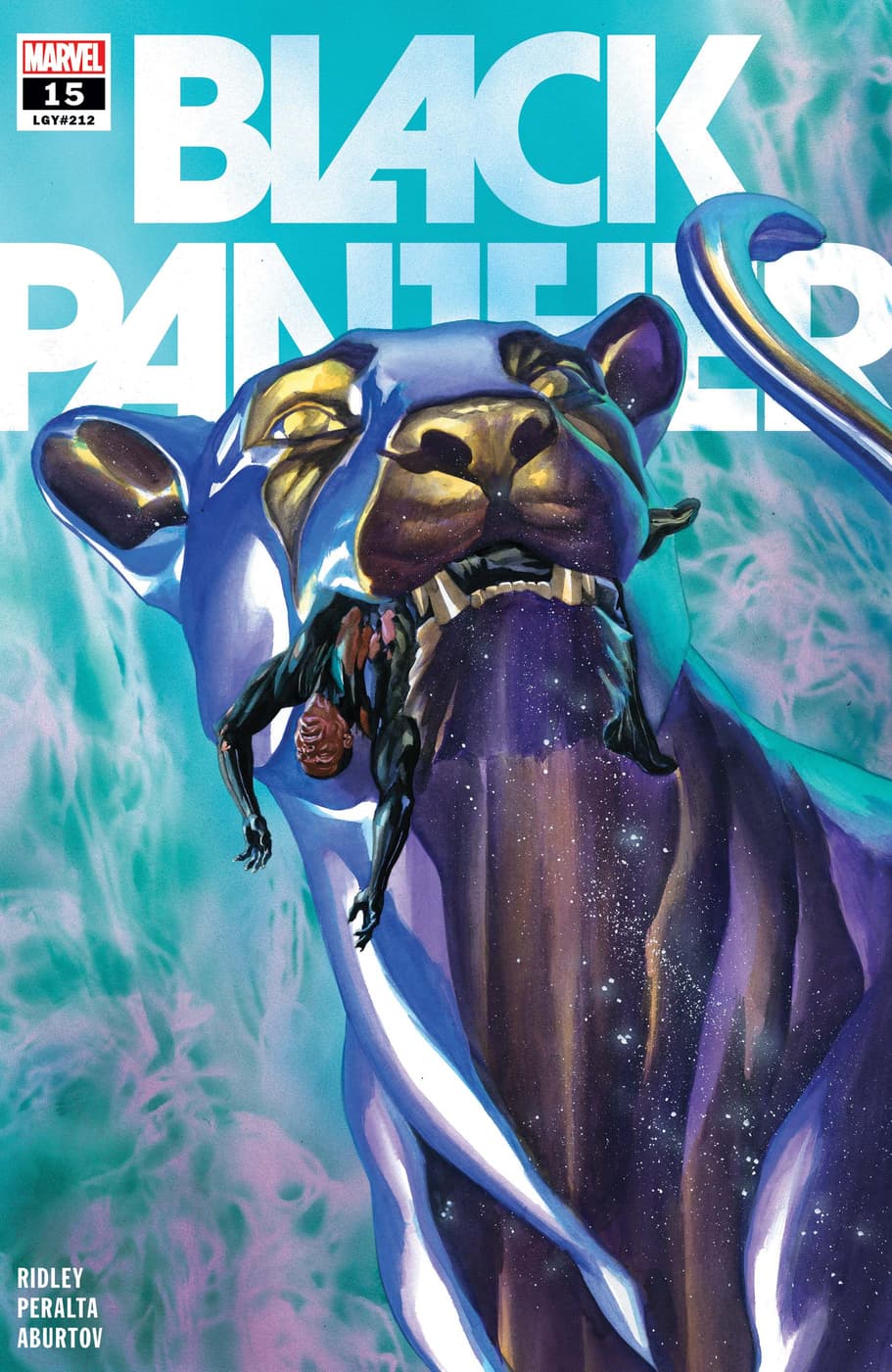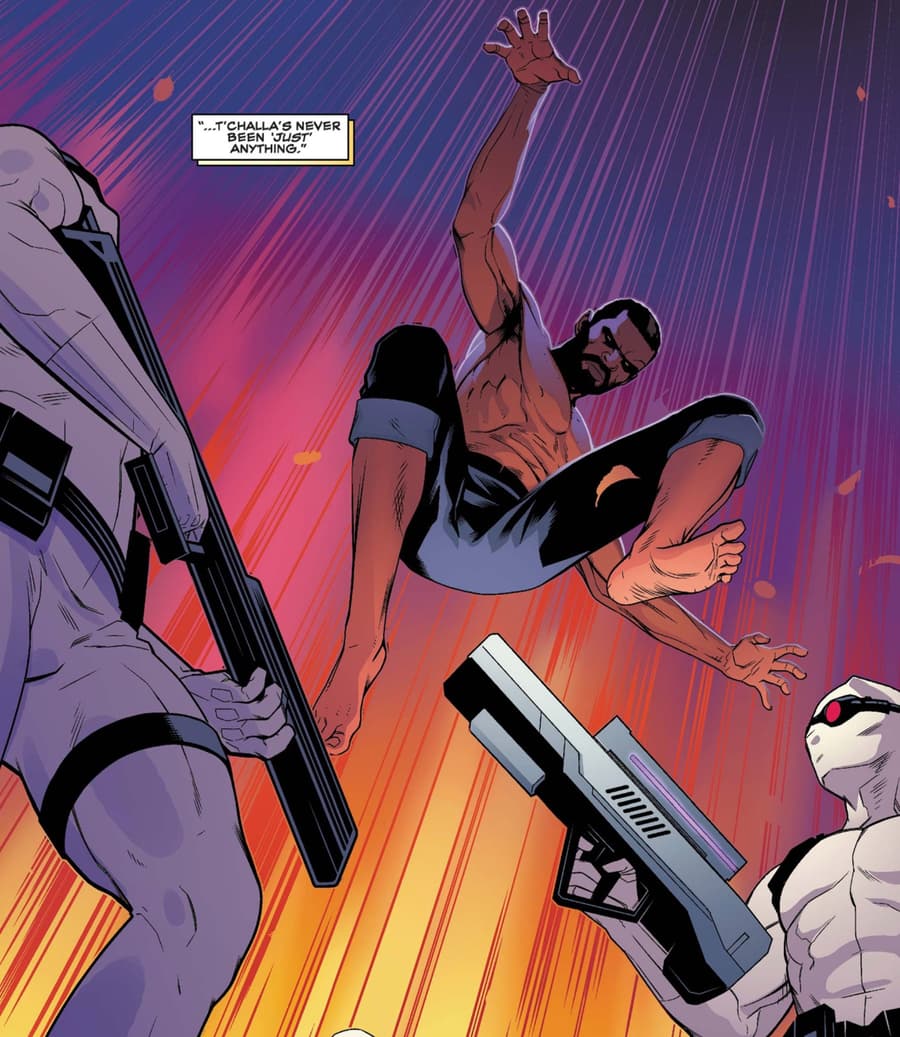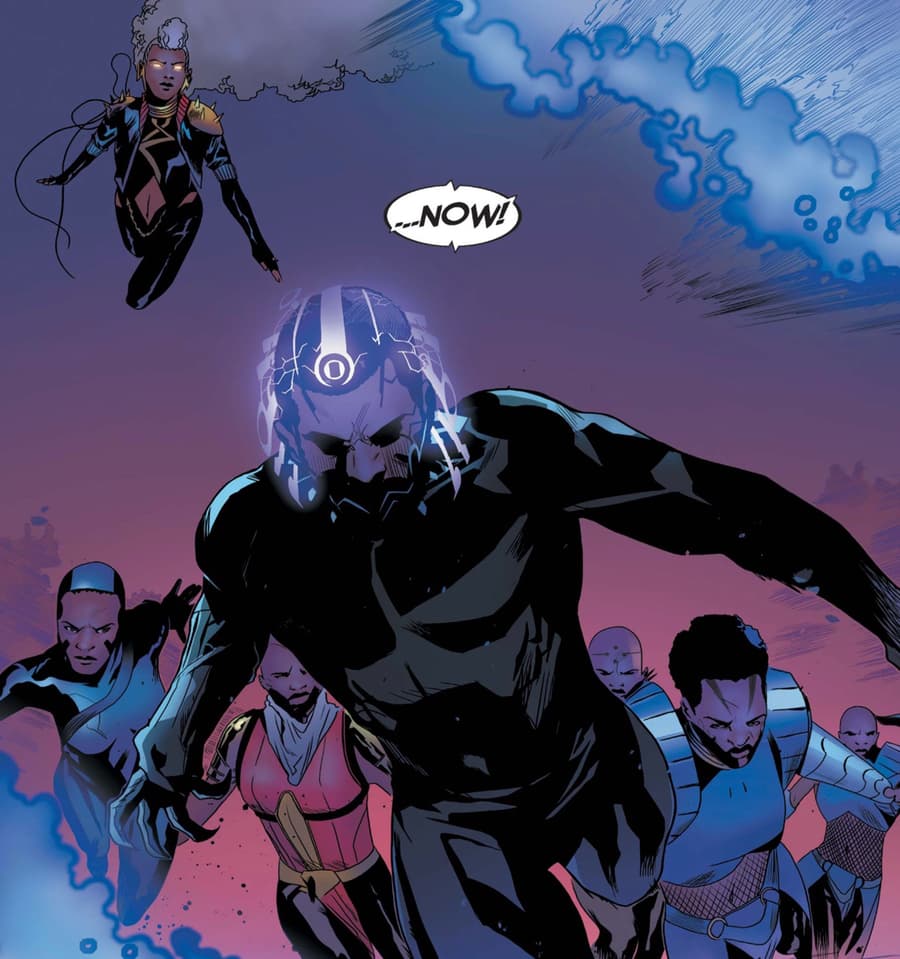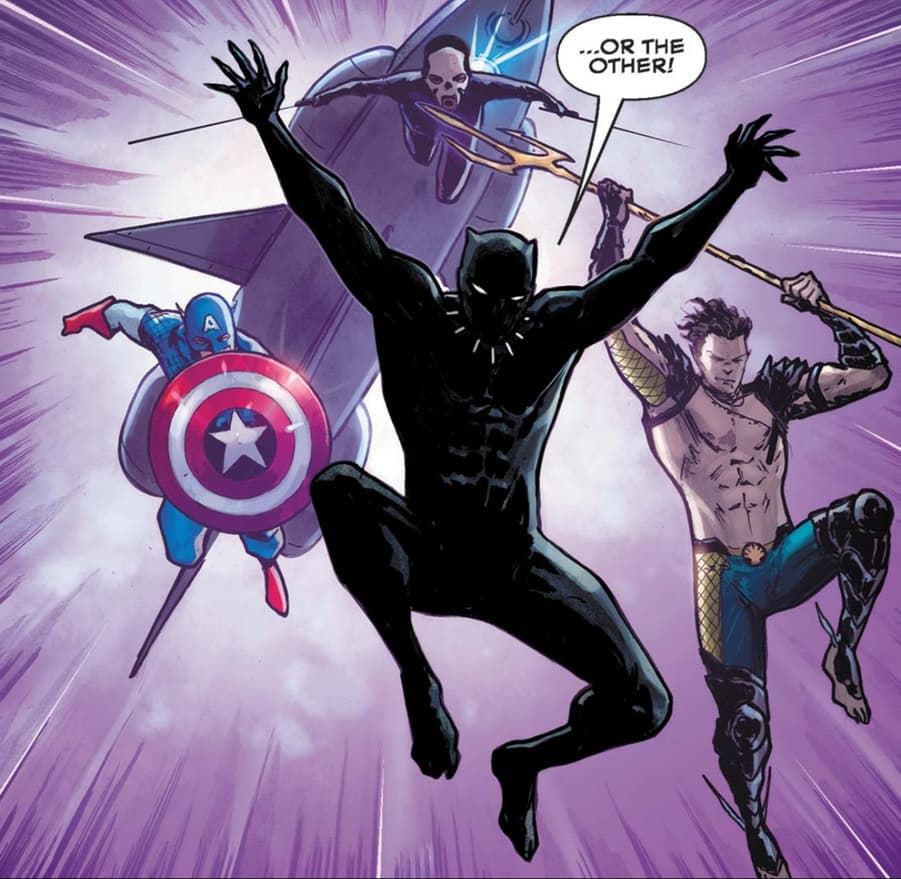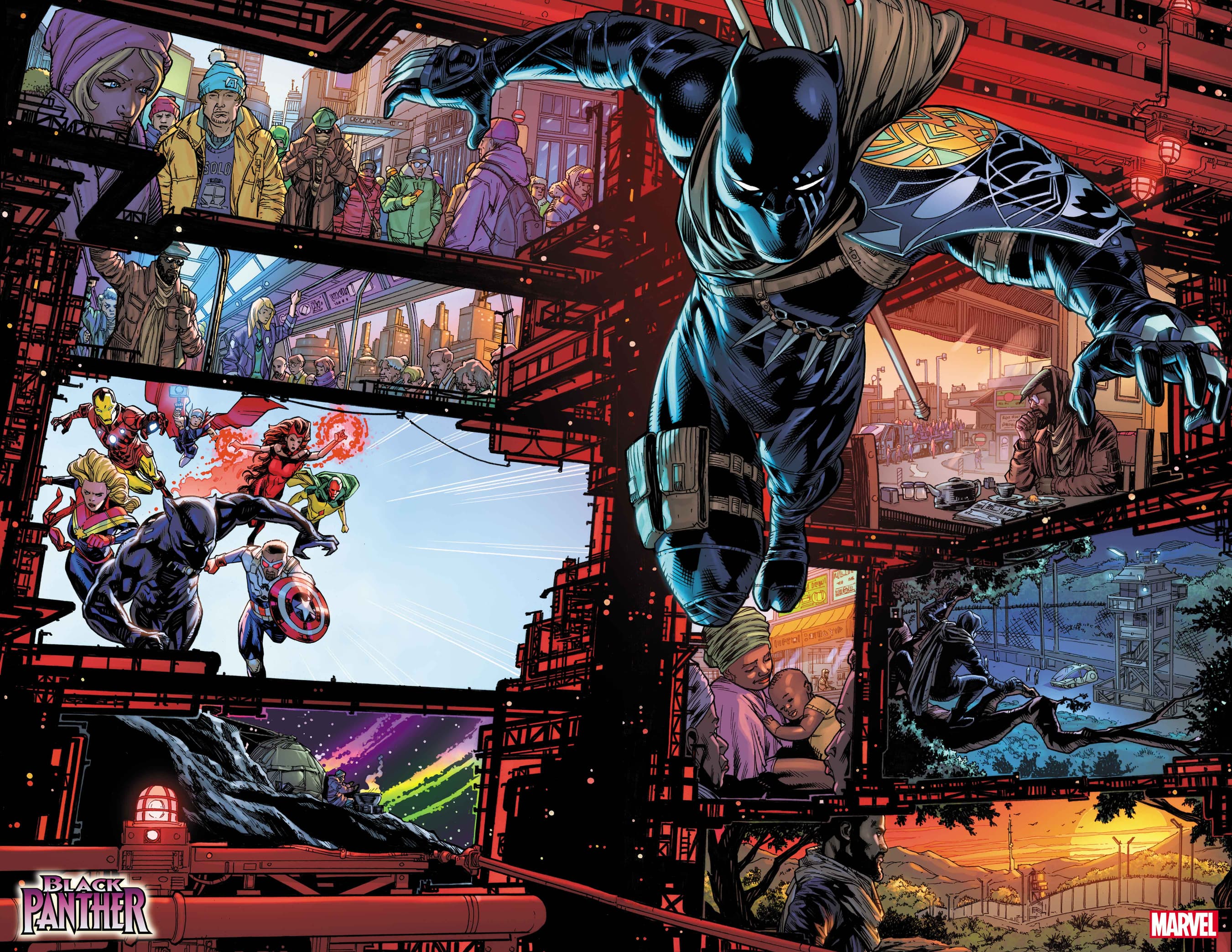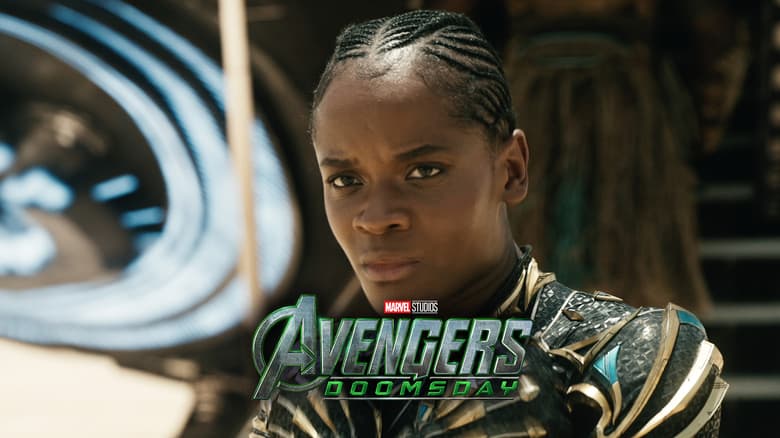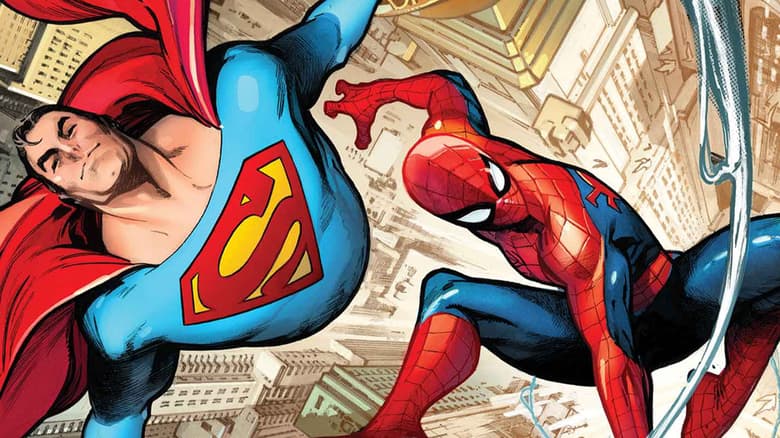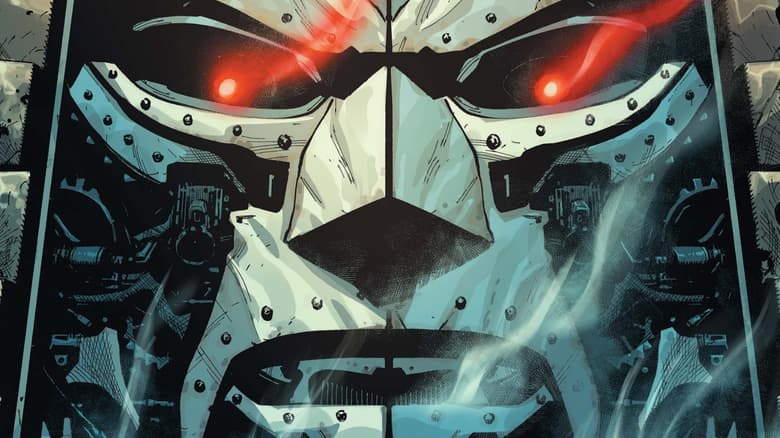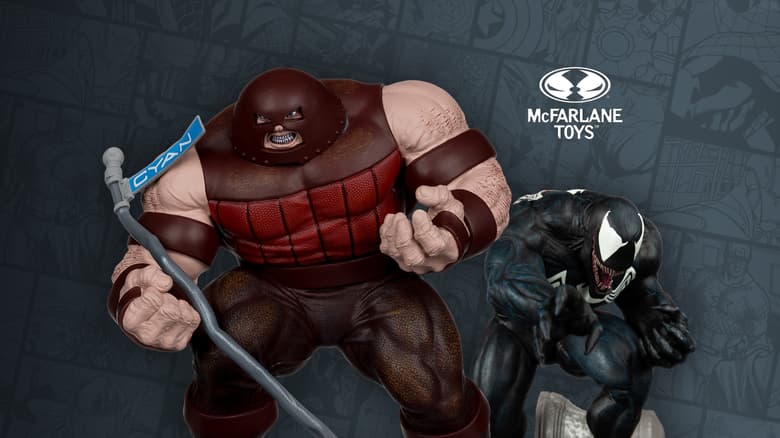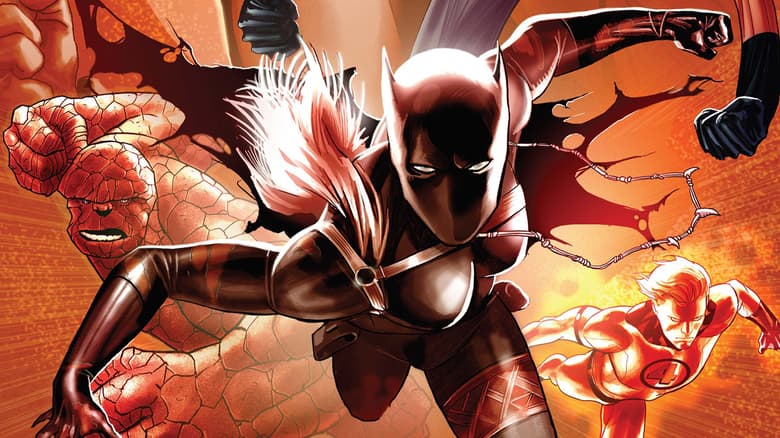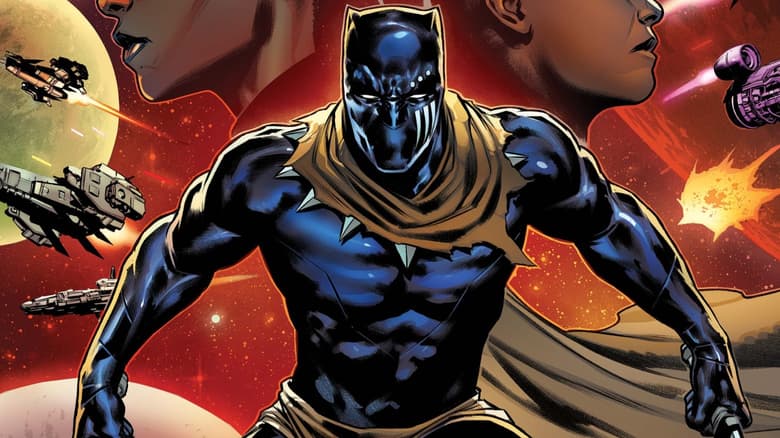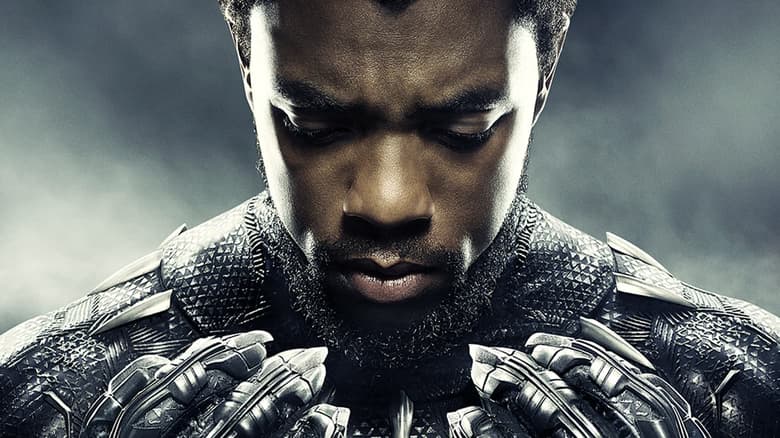Black Panther’s Exile from Wakanda, Explained
Learn how T'Challa lost his throne and became a fugitive in Wakanda before he returns to protect his homeland in 'Black Panther' #1.
Since his Marvel Universe debut, T'Challa has been the Black Panther, Wakanda's ruler and protector—the ultimate authority in the land. But recently, in the pages of BLACK PANTHER (2021) by John Ridley, Juann Cabal, German Peralta, and Stefano Landini, that all changed.
After a difficult war with the Intergalactic Empire of Wakanda, King T'Challa returned home to find Wakanda—and his place in it—greatly changed in his absence. A king is called to make tough decisions, but T'Challa's choices in the wake of this change saw him ousted from the Avengers and exiled from Wakanda. Now, in BLACK PANTHER (2023) #1 by Eve Ewing, Chris Allen, Craig Yeung, and Jesus Aburtov, he must hide out in his own homeland, protecting his people from the shadows. Let's take a look back at King T'Challa's fall from grace and how it inspired his new form of dedication to Wakanda.
Wakanda Becomes a Democracy
After defeating Emperor N'Jadaka and his intergalactic Wakandan empire, T'Challa returned to Earth, only to find Wakanda had formed a parliamentary democracy while he was away. At best, he was now a member of parliament with a unique title; at worst, he was simply a figurehead.
Despite this, T'Challa maintained a network of active sleeper agents across the globe, keeping tabs on anything related Wakandan national interest and, importantly, gathering data about the Avengers and their powers. Among these deep cover agents was T'Challa's childhood friend, Jhai. So, when Jhai turned up dead at the hands of a mysterious group of assassins targeting T'Challa's spies, his murder exposed the king's entire espionage operation.
T'Challa's sister, Princess Shuri, soon uncovered encrypted messages to the assassins that came from within Wakanda. The nature of these messages pointed to Akili, leader of the Hatut Zeraze secret police, as the mastermind behind the spy killings. Shuri explained that, given his ability to take control of Wakanda by declaring martial law, Akili had the most to gain in getting rid of the king's agents and destabilizing the country by setting parliament and the monarchy against each other.
However, when accused in front of parliament, Akili instead pointed to T'Challa's own deceit and his unilateral decision to install secret assassins in allied nations. The reveal of T'Challa's sleeper cells framed him as an untrustworthy, paranoid autocrat in the eyes of the parliament and his people, who stripped him of his role as Black Panther and took him into custody.
However, being the Avenger that he is, T'Challa easily escaped his guards and fled the country, intent on gathering allies to prove his innocence in the murder of Jhai. However, in the ensuing turmoil, Akili launched his coup, as predicted, sending Wakanda to the edge of an all-out civil war after he took the capital city.
Akili's power grab was made under the guise of killing T'Challa, who was marked as a fugitive traitor out to reclaim his throne from the people. While T'Challa was able to gather allies like Storm, the Dora Milaje, and a young hero named Tosin Oduye, he was only able to recruit them if he agreed he would never again claim to be king.
T'Challa vs. the Avengers
After stopping Akili and restoring the parliament to power, T'Challa left the country to rejoin the Avengers as their chairman. However, after the appearance of a terrorist group capable of defeating powerhouses like Captain Marvel and Thor, the team discovered the true extent of T'Challa's “kill switch.” Included in each Avenger's wearables was Wakandan tech that recorded everything about their powers, abilities, and fighting styles in order to better replicate them in times of need—or to stop the Avengers if necessary, as demonstrated by the terrorists.
Not only that, but the leader of the terrorist organization was none other than Jhai, T'Challa's former best friend turned assassin. Once thought dead, Jhai now held the world hostage in the name of peace. Jhai believed he was simply doing what T'Challa wanted: bringing the peace and prosperity of Wakanda to the world—and, once they “aligned with the Intergalactic Empire,” the universe—all under the banner of a single man, a single authority: King T'Challa.
Coming around to the Wakandan's perspective, the Avengers decided T'Challa could no longer be trusted and ousted him both as their chairman and as an Avenger. They would deal with Jhai themselves.
Knowing Jhai was more than prepared to defeat the Avengers again, T'Challa gathered a small cadre of fighters Jhai wouldn't see coming and launched his attack. They were initially met with resistance from the Avengers, who didn't trust T'Challa's decision-making and wanted to stop him from making an even bigger mess—but before that could be resolved, Namor and the Atlantean army stepped in to help the former king.
Based on their previous history, T'Challa prepared for a fight, only to learn—courtesy of the Wakandan Prime Minister—that parliament had brokered an unprecedented peace treaty between Atlantis and Wakanda… but this peace was contingent on T'Challa's total exile from Wakanda. No longer a king, no longer a citizen.
In his final confrontation with Jhai, the terrorist bowed to his king, offering to restore him to his rightful place on the throne. However, T'Challa—after reflecting on his path to that point—refused. In his mind, he was no longer fit to be king—and perhaps he never was to begin with.
Every mistake T'Challa made had finally caught up to him in a massive domino effect. The exposure of his global sleeper cell of assassins led him to get framed for murder, which resulted in a near civil war over his right to live and prove his innocence, turning Wakanda against itself thanks to the king's own secret police. He betrayed the trust of his fellow Avengers and was forced to watch as his homeland struck a bargain to oust him in exchange for fighting power against a monster he himself created.
Now, in BLACK PANTHER (2023) #1, T'Challa finds himself an outsider in his own homeland, where he struggles to understand the people and the country he still wants to protect as their Black Panther. Although he has already reconciled with the Avengers, T'Challa must now rise above his past to become the hero his people need, even if he cannot be their king.
See T'Challa stalk the streets of Wakanda from the shadows in BLACK PANTHER #1, on sale June 14!
Grab these comics and more at your local comic book shop! Or redeem then read your digital copy on the Marvel Unlimited app by using the code found in your print comic. Find and support your local comic book shop at ComicShopLocator.com.
To read your Marvel comics digitally, download the Marvel Unlimited app for iOS and Android devices. Gain an expansive catalog of 30,000+ comics spanning Marvel Comics history, plus access your entire digital library including comics redeemed from print.
The Daily Bugle
Can’t-miss news and updates from across the Marvel Universe!
